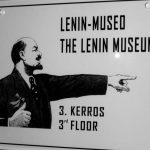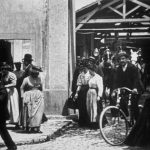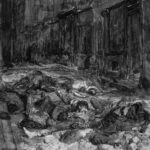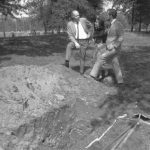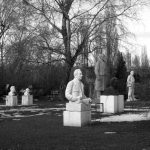‘On the Idea of Communism’, Birkbeck Institute for the Humanities, London, 13–15 March 2009
Conference report Celebrity Come Communism‘On the Idea of Communism’, Birkbeck Institute for the Humanities, London, 13–15 March 2009 This conference’s political conditions had been staked out in advance, on behalf of all the speakers, by Alain Badiou’s essay ‘The Communist Hypothesis’. These were the collapse of the Old Left of the Communist Party and state, […]
